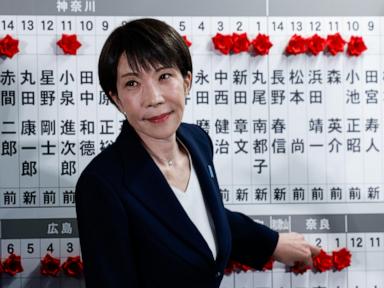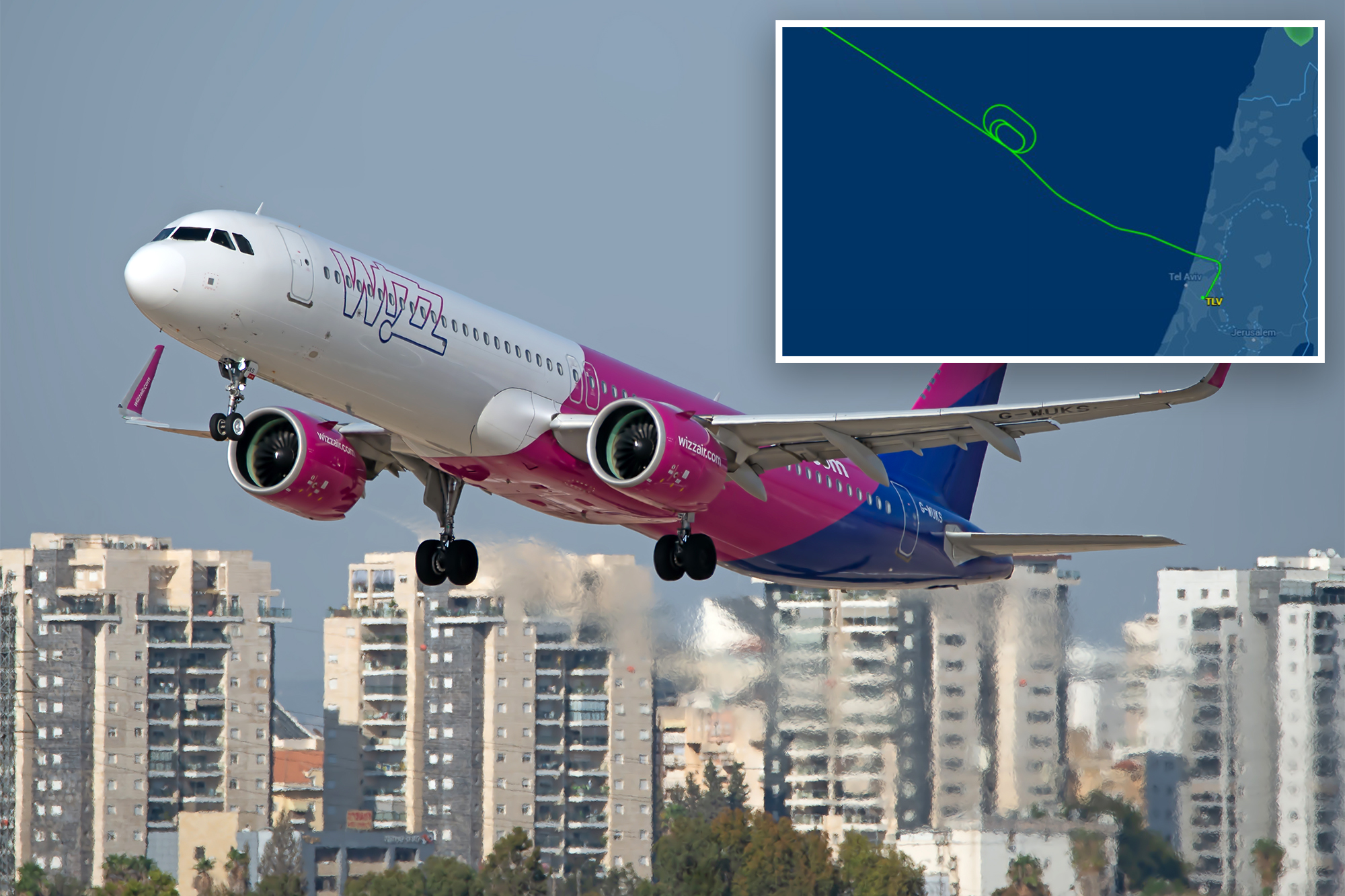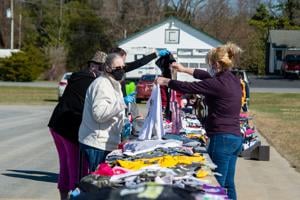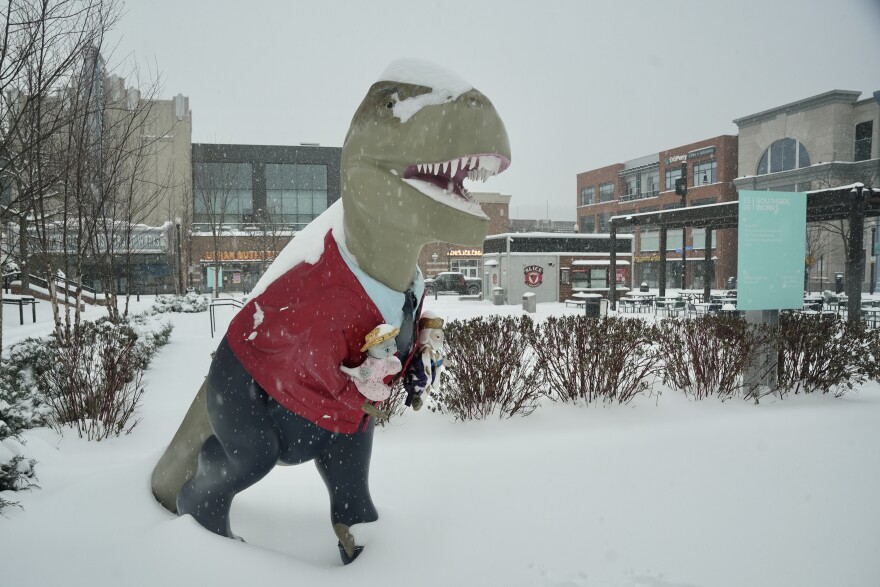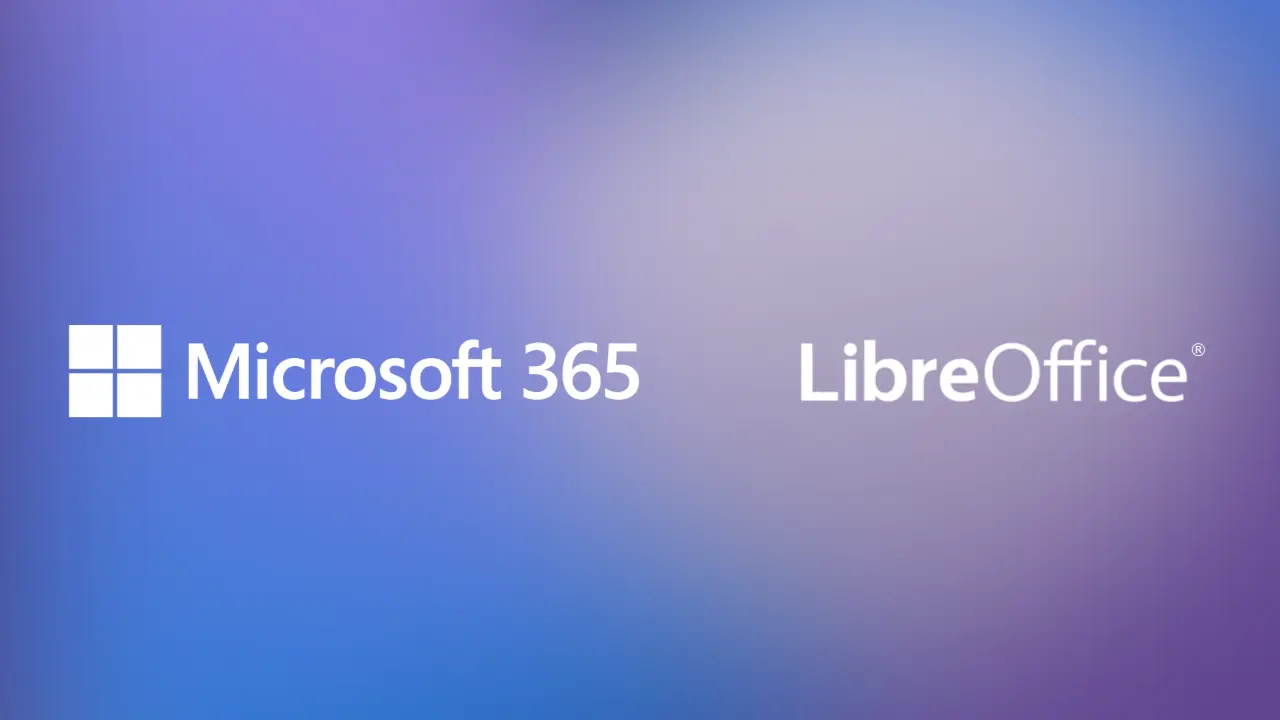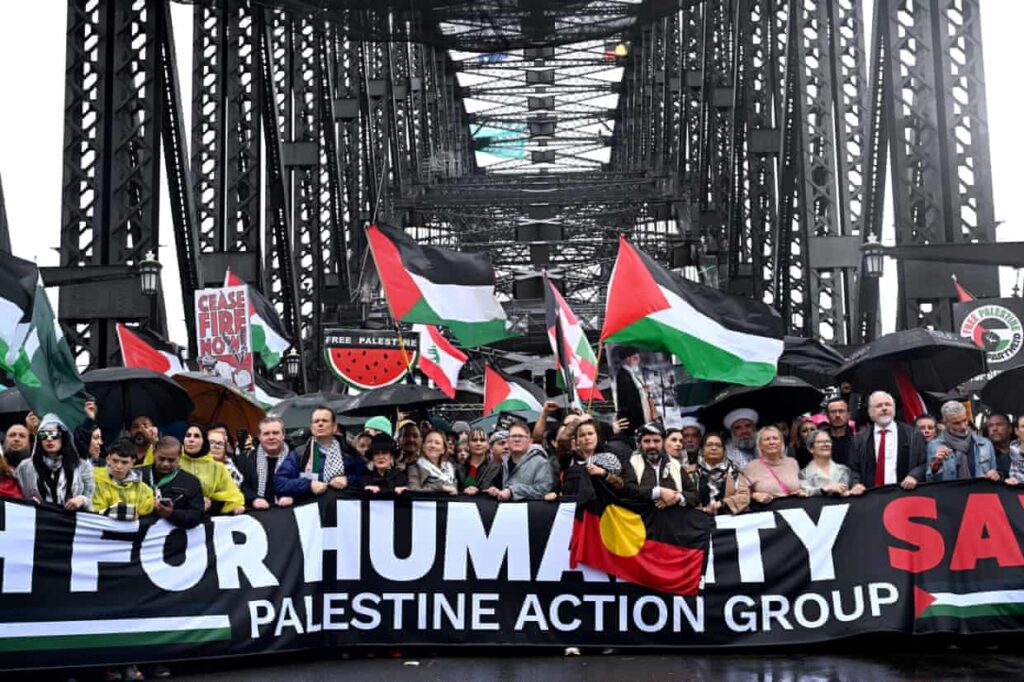
New South Wales Premier Chris Minns is encountering significant backlash from his own party in response to his position on the recent pro-Palestine demonstration across the Sydney Harbour Bridge. During a Labor caucus meeting scheduled for Tuesday, members are expected to propose a motion that condemns conditions in Gaza and reinforces the right to protest. This comes after the demonstration, which took place on October 15, 2023, was permitted following a ruling by the NSW Supreme Court that overturned a police decision to deny a permit on public safety grounds.
Initial police estimates placed attendance at approximately 90,000, while organizers from the Palestine Action Group claimed the number was closer to 300,000. Key figures from the NSW government, including Penny Sharpe, the Energy Minister, and Jihad Dib, a frontbencher, participated in the march. Other state MPs, such as Stephen Lawrence, Lynda Voltz, and Sarah Kaine, along with former NSW Premier Bob Carr, were also present at the forefront of the demonstration.
Minns’ approach to the protests has drawn sharp criticism from various factions within his party. Members from both the right and the soft left are expressing frustration, suggesting that Minns is more aligned with media narratives than the party’s core values. “There’s a sense that our policy positions are at the most conservative end of the spectrum. The audience of 2GB are never going to vote for us,” a member of the right faction stated, requesting anonymity.
While the more progressive members of the party have remained relatively quiet regarding Minns’ stance on protests, the growing discontent is becoming increasingly evident. “They’ve been completely missing in action,” remarked another right faction MP, highlighting that the right and some soft left members have been advocating for progressive issues while the left remains largely silent.
Mark Morey, Secretary of Unions NSW, emphasized the importance of facilitating peaceful protests in light of public sentiment. “When there’s a strong public hunger to protest against violence and humanitarian crises, the government’s role should be to facilitate peaceful expression, not obstruct it,” he said. Morey noted the significant turnout, indicating that many residents of Sydney are concerned about the situation in Gaza. He criticized Minns’ attempt to prevent the protest, calling it a concerning overreach that the Supreme Court correctly rejected.
In a statement on Monday, Minns reiterated his commitment to public safety, insisting he stands by his opposition to the march. “I accept that there’s a huge groundswell… It’s a difficult one for the government. We have to balance public safety and the public’s right to protest alongside running a big city like Sydney,” he said.
The response from members of his caucus has been critical. Lawrence pointed out that suppressing a mass protest in the name of public safety is misguided. He noted that the protest organizers had even offered to postpone the event, but their proposal was rejected, leading to logistical challenges for police who had to manage the large crowd at short notice.
As discussions continue, Minns has indicated that the government may still consider appealing the Supreme Court’s ruling that allowed the protest to proceed. He also suggested potential legislation aimed at restricting future protests on the bridge, although he assured that no hasty decisions would be made.
Greens MLC Sue Higginson asserted that Minns is losing credibility within his own caucus and must begin to listen to dissenting voices. “Labor Premier Chris Minns is acting strangely and is not listening. He has lost authority over his own caucus and on matters too significant to ignore,” she stated. Higginson questioned Minns’ absence from the protest, emphasizing that the public deserves clarity about his priorities.
The internal conflicts within the Labor Party highlight the challenges Minns faces as he navigates the complexities of governance while attempting to maintain party unity. As the situation unfolds, it remains clear that the conversation surrounding protests, public safety, and political accountability in New South Wales is far from over.
